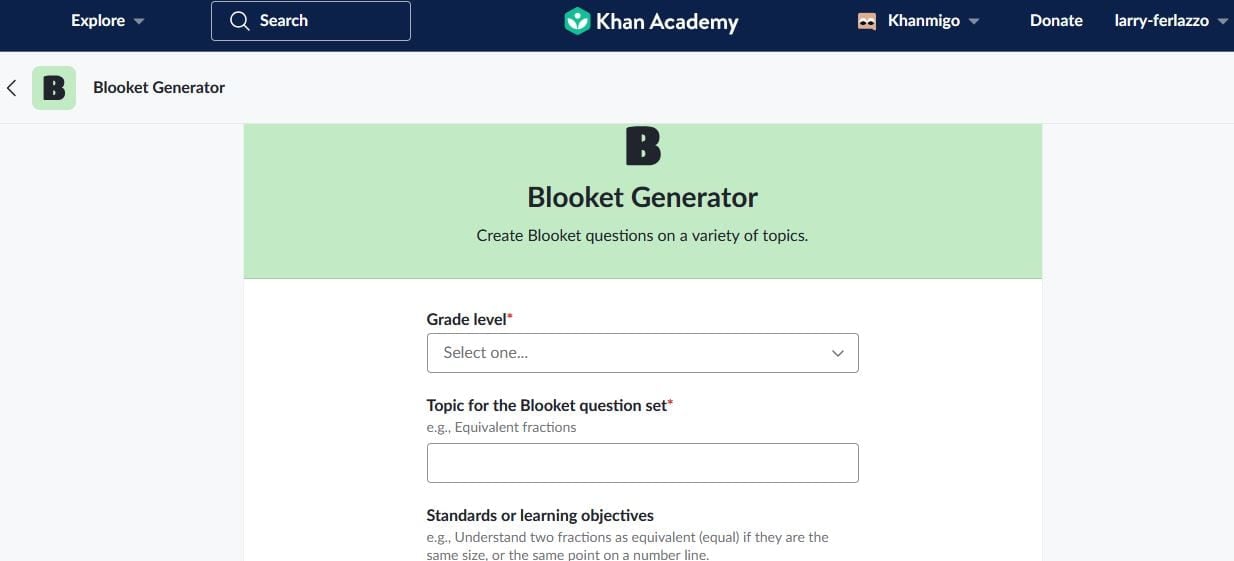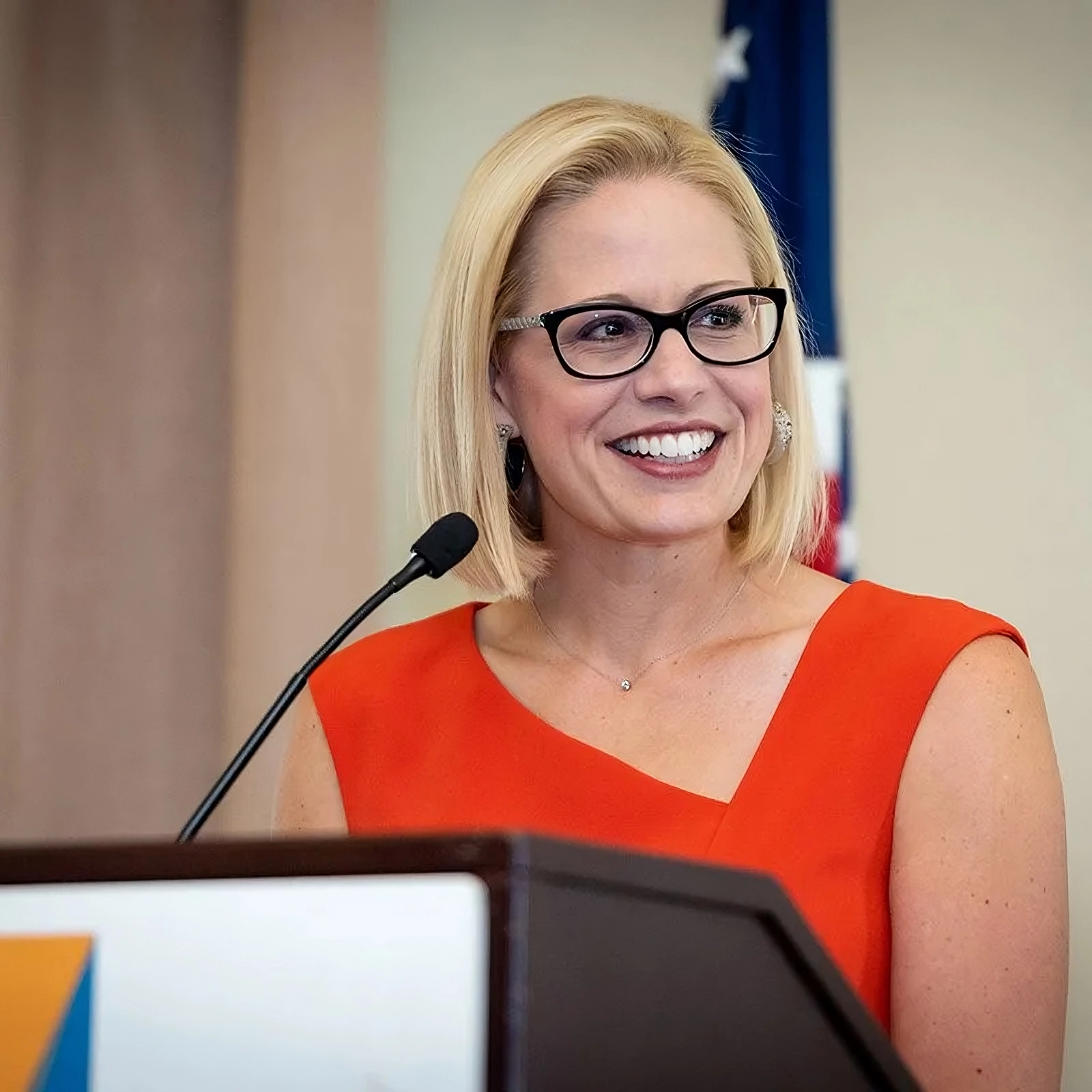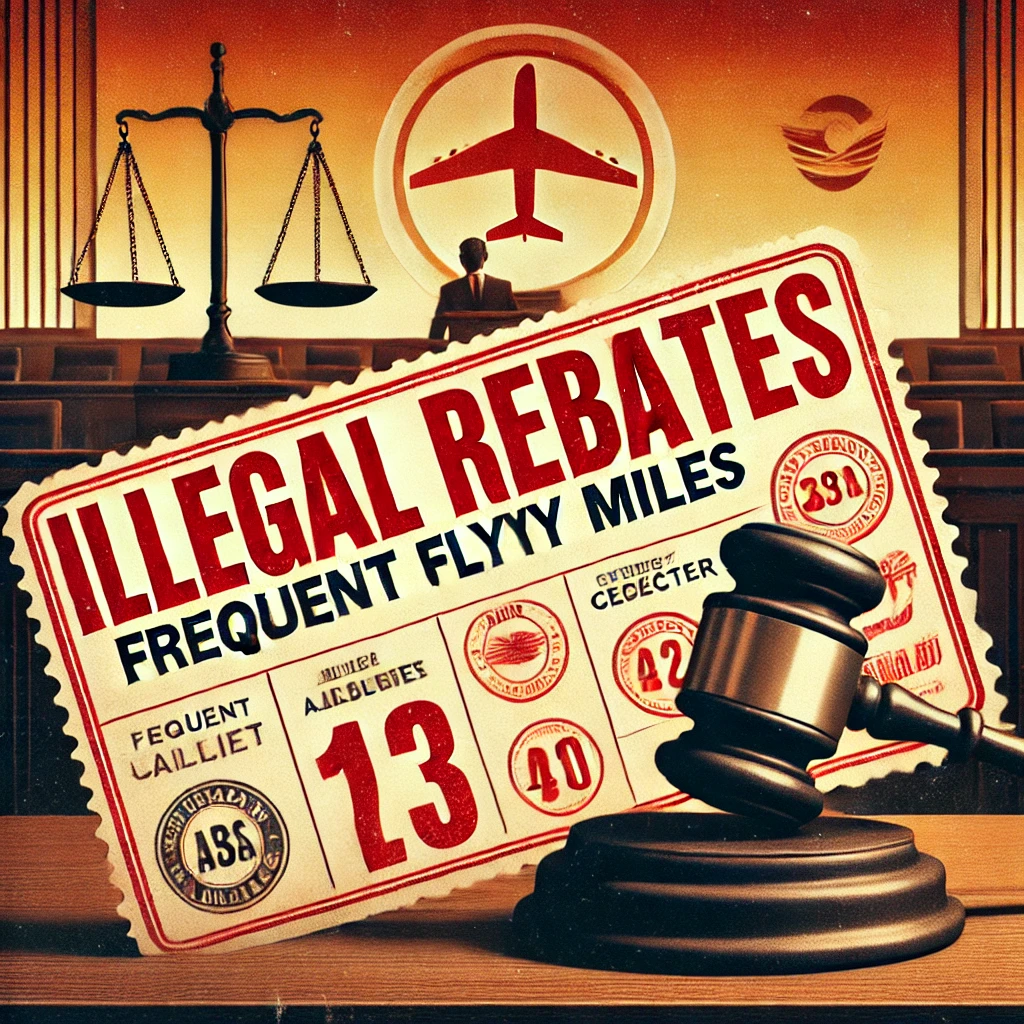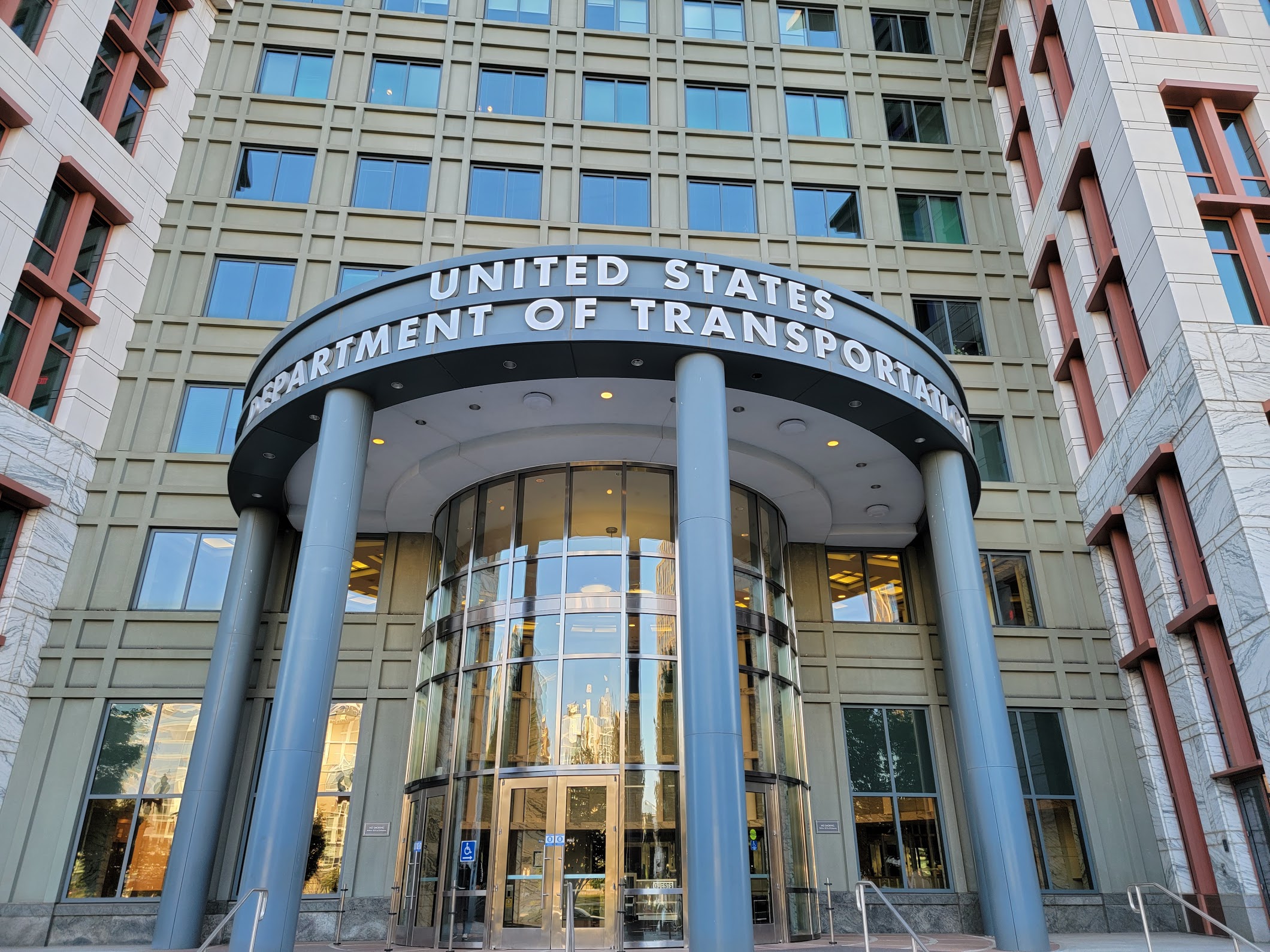You shouldn’t have to be Prince Harry to win redress from Britain’s press | Letters
Nathan Sparkes on the importance of press participation in the Leveson system; Lexie Kirkconnell-Kawana on affordable access to justiceYour editorial on Prince Harry’s settlement with News Group Newspapers (The Guardian view on Prince Harry and phone hacking: the ethical issues endure, 22 January) says that press regulation “was reformed post-Leveson, although not exactly as the report recommended”. This is something of an understatement.Indeed, the Leveson inquiry was presented with a blueprint for a complaints body by representatives of the newspapers, which would have allowed the press to continue to control their own regulator. This was known as the “Hunt‑Black plan”, after its proposers, Conservative lords Hunt and Black (the latter is also deputy-chair of the Telegraph Media Group). Leveson rejected the plan outright and criticised it as allowing the press to go on marking its own homework. He instead recommended a mechanism for guaranteeing regulation that was genuinely independent of both the state and the press. Continue reading...

Nathan Sparkes on the importance of press participation in the Leveson system; Lexie Kirkconnell-Kawana on affordable access to justice
Your editorial on Prince Harry’s settlement with News Group Newspapers (The Guardian view on Prince Harry and phone hacking: the ethical issues endure, 22 January) says that press regulation “was reformed post-Leveson, although not exactly as the report recommended”. This is something of an understatement.
Indeed, the Leveson inquiry was presented with a blueprint for a complaints body by representatives of the newspapers, which would have allowed the press to continue to control their own regulator. This was known as the “Hunt‑Black plan”, after its proposers, Conservative lords Hunt and Black (the latter is also deputy-chair of the Telegraph Media Group). Leveson rejected the plan outright and criticised it as allowing the press to go on marking its own homework. He instead recommended a mechanism for guaranteeing regulation that was genuinely independent of both the state and the press. Continue reading...









![[DEALS] iScanner App: Lifetime Subscription (79% off) & Other Deals Up To 98% Off – Offers End Soon!](https://www.javacodegeeks.com/wp-content/uploads/2012/12/jcg-logo.jpg)

































































